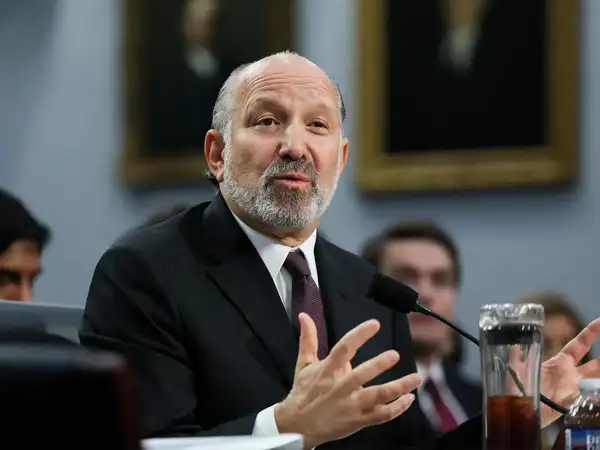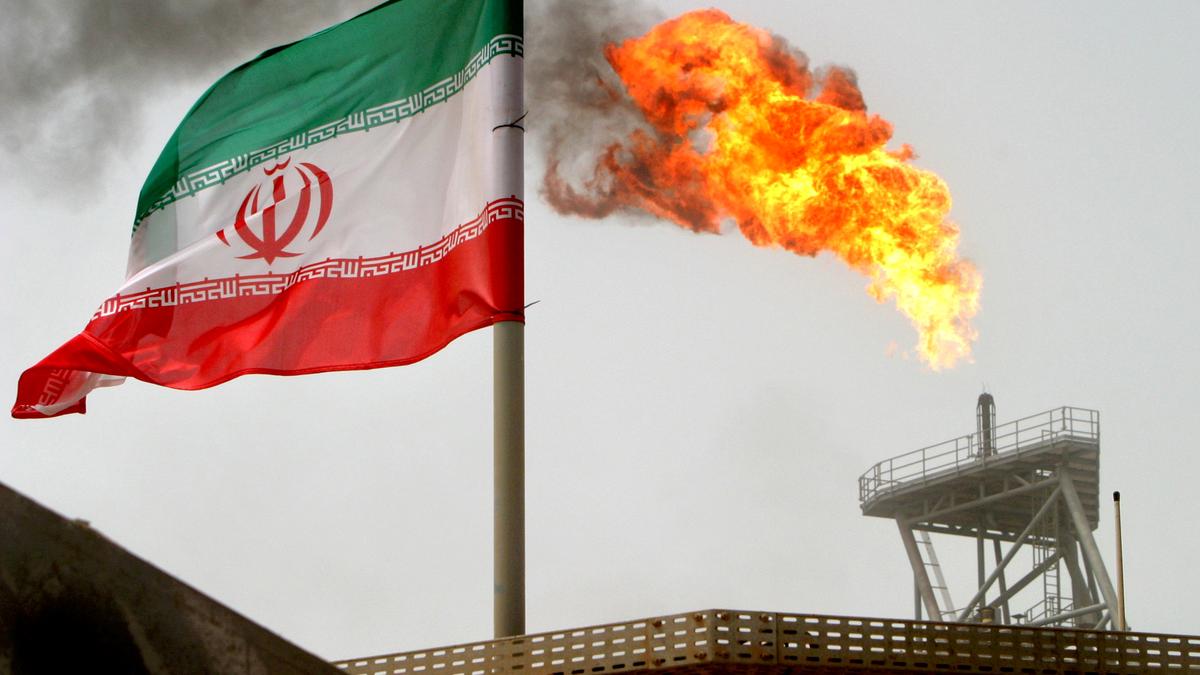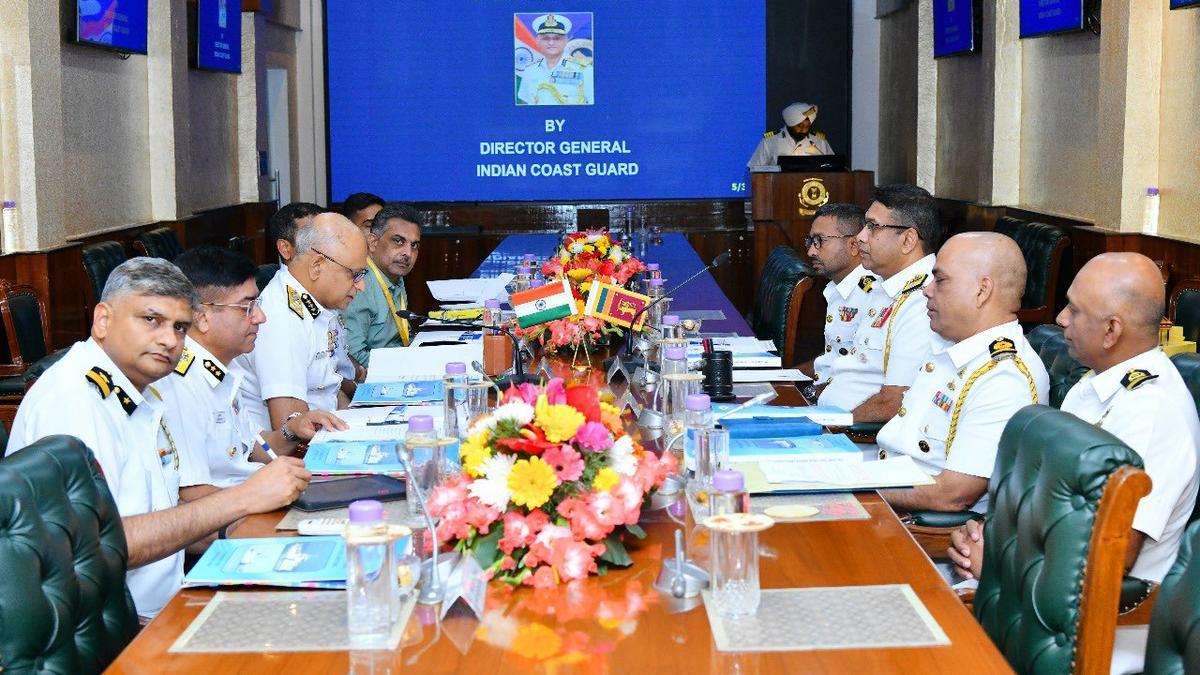



The Reserve Bank of India (RBI) Governor has denied plans to de-dollarize in response to US President-elect Donald Trump's threat of imposing a 100% tariff on BRICS nations. Brazil and Russia have proposed a BRICS currency to increase financial independence and reduce vulnerabilities, but the plan is still in discussion.

Copyright infringement not intended
Picture Courtesy: Moneycontrol
The Reserve Bank of India (RBI) Governor stated that India has no plans to de-dollarize in response to a question about US President-elect Donald Trump's threat to impose a 100% tariff on BRICS nations planning to establish a common currency to challenge the US dollar's dominance in global trade.
While there is talk within BRICS nations about reducing dependence on the US dollar, however, no concrete decision has been made to replace it with a new currency.
Countries like Brazil and Russia have mentioned the idea of creating a BRICS currency to increase financial independence and reduce vulnerabilities, but the plan is still in the discussion phase.
The members also recognised the challenges involved in implementing a shared currency, especially considering the geographic diversity of BRICS nations.
It refers to countries reducing dependence on the U.S. dollar as a reserve currency, medium of exchange or as a unit of account.
It also includes the creation of an alternative global financial and technological system to gain more economic independence by circumventing the dependence on the Western World-controlled systems, such as SWIFT financial transfer network for international trade and payments
In the 1920s, the US dollar replaced the British pound as the world's reserve currency. Following World War II, the Bretton Woods Agreement strengthened the dollar's position as the United States emerged as the world's economic superpower.
The United States maintains the world's largest economy, providing a stable foundation for the dollar's international use. This economic strength promotes global confidence in the dollar as a reliable medium of exchange and store of value.
The U.S. dollar accounts for about 60% of global foreign exchange reserves, reflecting its central role in the international monetary system.
The dollar is in high demand worldwide because central banks hold US dollars to support their currencies and encourage international trade.
The dollar is a widely used currency in international financial markets because it is regarded as stable and liquid.
The dollar is the default currency for many global commodities, including oil, resulting in a self-sustaining cycle of its use in international transactions.
The United States' geopolitical influence and its network of alliances contribute to the dollar's dominance. This influence encourages other nations to hold and use dollars in international transactions.
India is prioritizing trade risk reduction over de-dollarization. By entering into agreements with specific countries for local currency trade, India hopes to reduce its dependence on US dollar fluctuations. This is part of a risk-management strategy in international trade.
What was the BRICS currency idea discussed by the RBI Governor?
One of the BRICS members proposed the idea of a BRICS currency, which was then discussed among the group. However, no decision has been made regarding it.
The RBI Governor explained that the geographical spread of BRICS countries, compared to the Eurozone's unified currency and geographical continuity, makes adopting a common currency challenging.
The United States imposed sanctions on countries like Iran and Russia, cutting them off from dollar-based systems like SWIFT. The sanctions have been used as an attempt to weaponize the dollar.
Overdependence on the dollar has exposed vulnerabilities in the global financial system, prompting countries to seek alternatives for a more stable and diverse economic framework.
Emerging markets are looking for a more resilient financial system and advocating for de-dollarization to reduce their dependence on the US dollar.
China, Russia, and Brazil are actively pursuing de-dollarisation. For example, Russia and Iran announced a joint cryptocurrency backed by gold to facilitate international trade. China and Brazil agreed to settle trades in their respective currencies.
India has also taken steps to move away from the US dollar. It started paying for oil imports from Russia in rupees. The Reserve Bank of India (RBI) permitted international payment settlements in rupees, and 18 countries, including Sri Lanka, the United Kingdom, Germany, and Russia, now settle transactions in rupees.

Countries that stop using the US dollar will see changes in their reserve assets, which may cause fluctuations in capital flows and possibly lead to global financial systems becoming unstable.
There is currently no currency that can match the US dollar's stability, liquidity, and global acceptance. While the euro and Chinese yuan have made progress, they do not yet meet all of the requirements for replacing the dollar.
The shift away from the dollar may result in currency exchange rate volatility, particularly in the early stages, which could have the greatest impact on developing countries.
The US dollar remains an important component of the current global financial system because there is no viable alternative at this time. The US economy may be struggling and its dominance declining, but it retains a commanding position in the financial markets. The world will likely continue to depend on the US dollar as long as it provides consistency, credibility, and appealing opportunities in comparison to other options.
Must Read Articles:
PM ATTENDED BRICS SUMMIT IN RUSSIA
Source:
|
PRACTICE QUESTION Q.How could de-dollarization reshape global trade and financial systems? 150 words |




© 2025 iasgyan. All right reserved